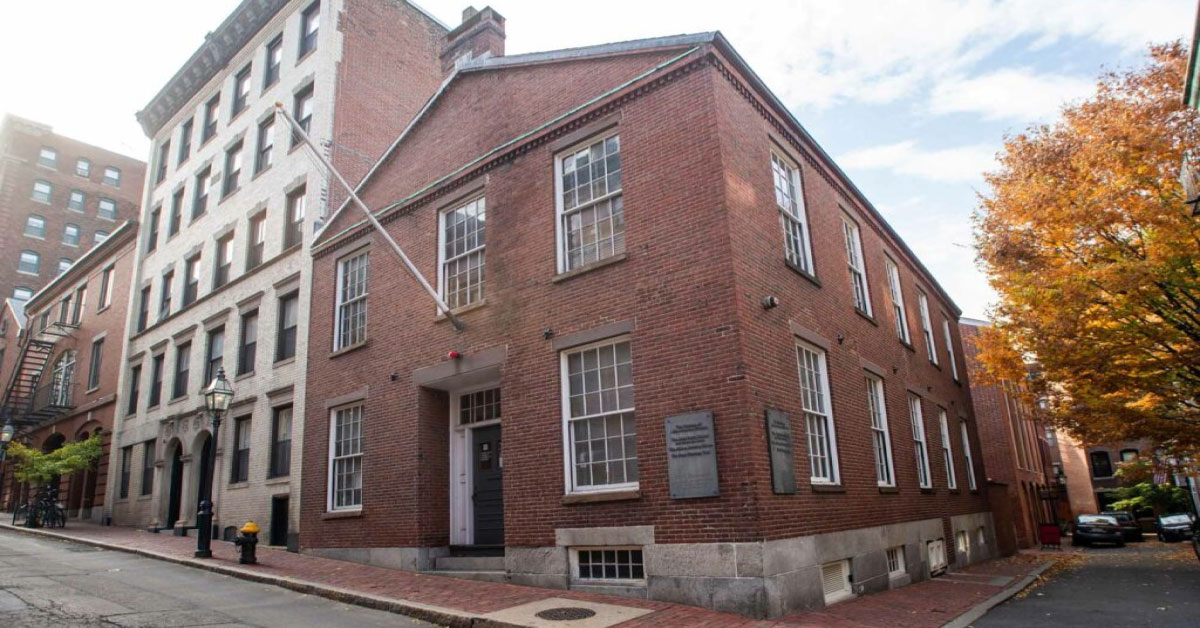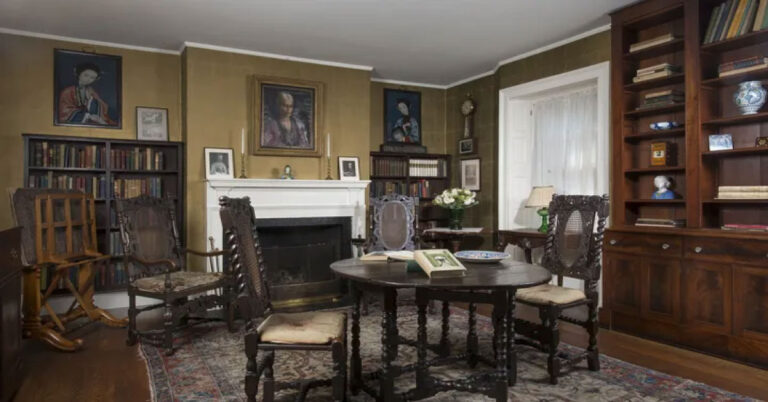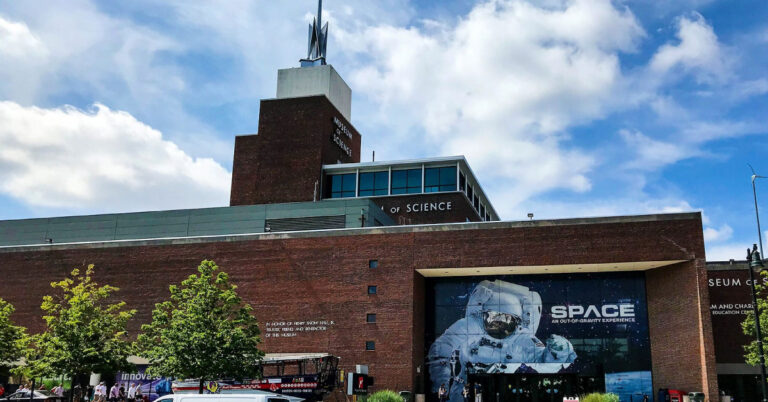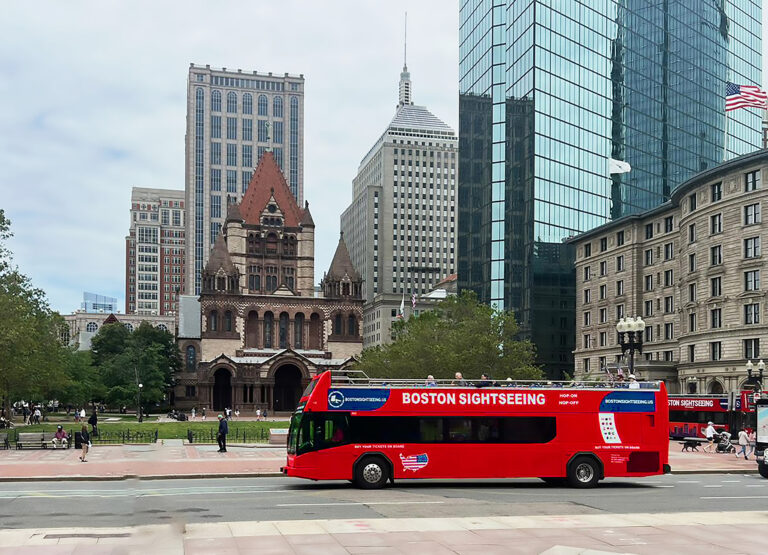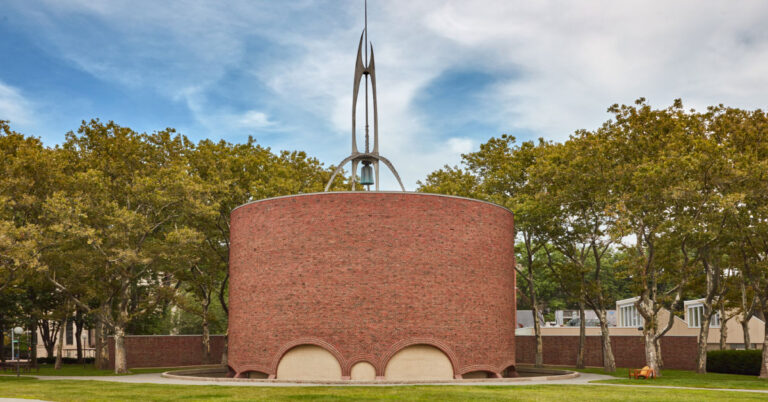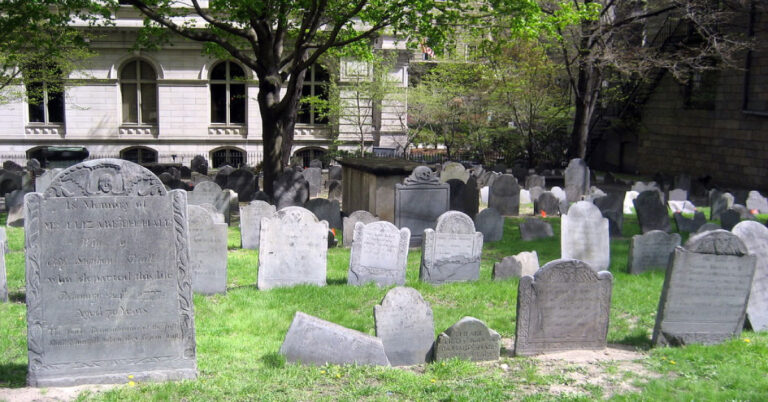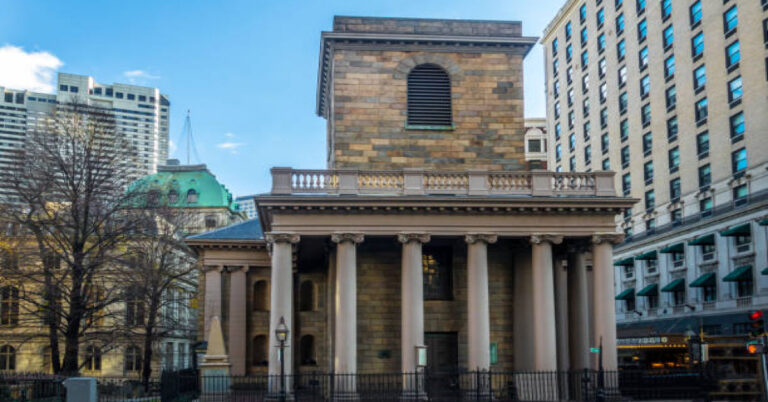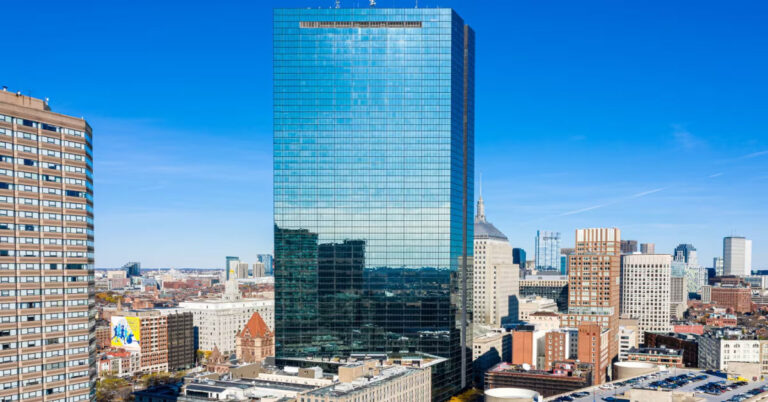The African Meeting House is not just a building but a symbol of resilience, community, and cultural significance. Located in the heart of Boston’s Beacon Hill neighborhood, it stands as the oldest black church building still standing in America. Its rich history and role in shaping the social, political, and religious landscape of Boston make it a must-visit destination for those seeking to learn more about African-American heritage.
A Legacy of Community and Faith
The African Meeting House was built in 1806 by free black craftsmen to provide a space for religious worship and community gatherings. It quickly became a center for activism against slavery during the 19th century, hosting essential figures such as Frederick Douglass and William Lloyd Garrison.
A Gathering Place for Community
Beyond its role in the fight for freedom and equality, the African Meeting House was also a vital gathering place for Boston‘s black community. Social events, educational programs, and cultural activities were regularly held within its walls.
The building also served as a school for African-American children who were denied an education elsewhere due to segregation laws. It was a place where young minds could grow and thrive despite the oppressive conditions they faced.
A Beacon of Hope
The African Meeting House also served as a beacon of hope for free blacks in Boston during a time when racism and discrimination were rampant. It provided a haven for those seeking refuge from the injustices they faced, and its founding pastor, Thomas Paul, was known for his support and advocacy for black rights.
An Iconic Structure
The building itself is an architectural masterpiece, with its striking white facade and iconic steeple reaching towards the sky. It is a reminder of the resilience and determination of the black community in America, overcoming adversity to build such a grand structure that still stands strong today.
Preserving History
In 1972, the African Meeting House was designated a National Historic Landmark, recognizing its significance in American history. It is now managed by the Museum of African American History, which works to preserve and share the stories and artifacts of this critical site.
A Must-Visit Destination
The African Meeting House stands as a powerful testament to the enduring spirit of African Americans in their fight for freedom, equality, and justice. It continues to serve as a hub for education, activism, and celebration of black culture. Visit this historic landmark and be inspired by its stories, architecture, and legacy. So, let the African Meeting House take you on a journey through time and leave you with a newfound appreciation for the resilience of the human spirit. Visitors can step back in time and gain a deeper understanding of the struggles and triumphs that shaped this community.
